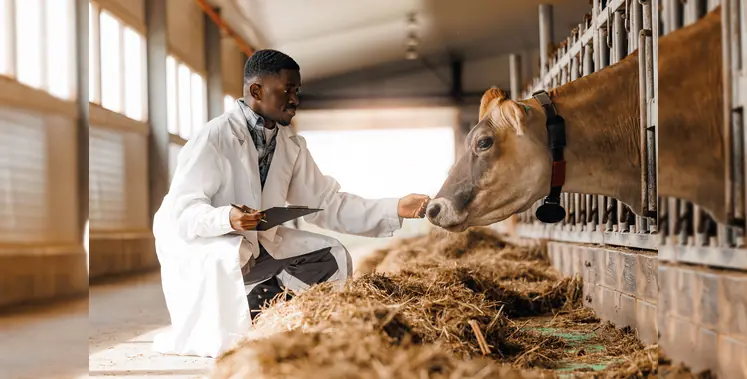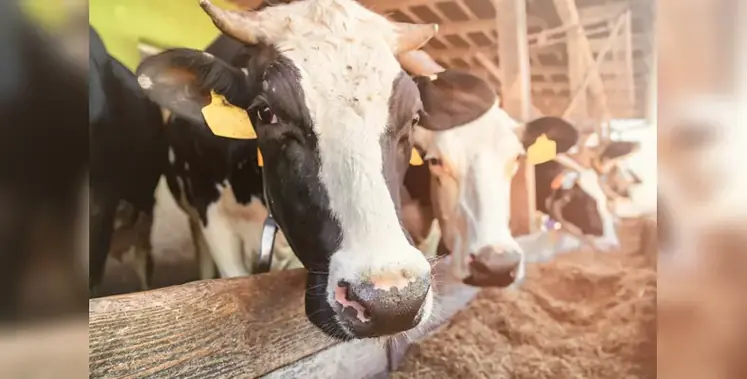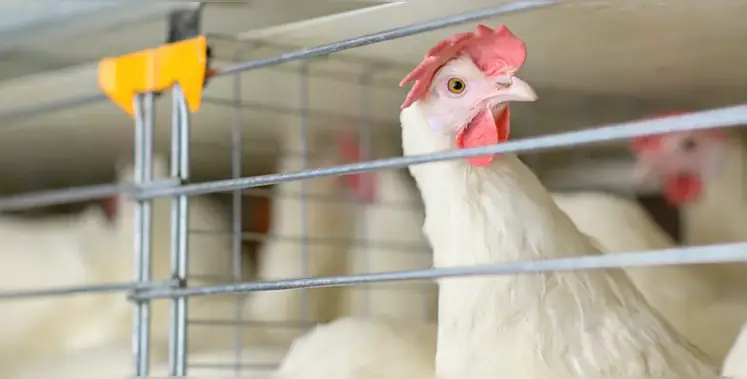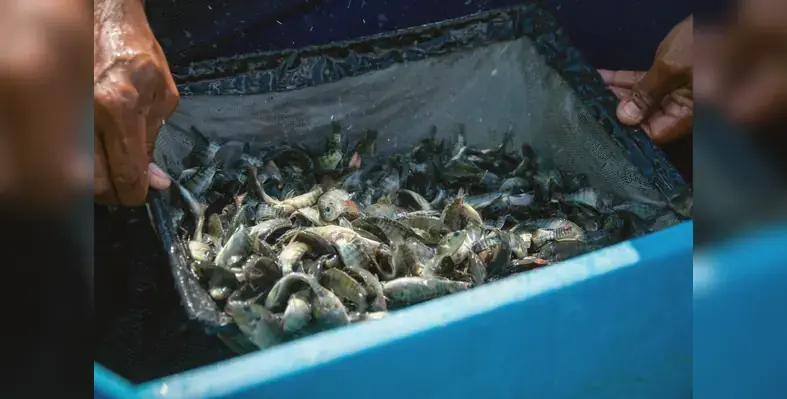Ntungamo District, a district in Western Uganda is facing mounting pressure as a fast moving outbreak of Foot and Mouth Disease continues to disrupt livestock trade and strain relations between farmers and veterinary officials.
The disease, which was first detected in Nyakyera Sub county after animals were brought in from unknown sources, has lingered for nearly two months.
In a swift response, the district halted cattle markets and installed quarantine checkpoints to limit further spread. According to Dr Yake Basulira, the district veterinary officer, emergency measures were introduced as soon as the outbreak was confirmed.
“We had a challenge of Foot and Mouth Disease starting with Nyakyera area due to inflow of animals from unknown sources. We came in as a task team and set up FMD task teams,” he explained.
A District Task Team later met stakeholders in January, 2026, in Nyakyera and Rubare to agree on stricter controls, including market closures and a vaccination drive.
Foot and Mouth Disease affects animals with split hooves including cattle, goats, sheep and pigs. It spreads quickly through direct contact, infected equipment and the movement of livestock.
Despite the government supplying what officials describe as enough vaccines for the entire district herd, progress has been uneven. “The vaccination campaign programs have continued, however with setbacks. These setbacks are attached to farmers not bringing all their animals for vaccination yet requesting to know where the disease is,” Dr Basulira said.
“The government has given us massive amounts of vaccine which can contain the animals of Ntungamo. If all farmers would bring all their animals in time, we would ably push out this FMD out of Ntungamo, and operations of markets would be normal.”
Tensions are rising in Itojo where some large scale farmers have resisted the exercise. “In Itojo some people have over 200 animals but have failed to vaccinate yet they are threatening the district veterinary officer. There must be penalties,” warned Denis Savimbi.
Officials insist enforcement will follow. “The farmer who doesn't want to bring his animals for vaccination is handled by those penalties. Dear farmers, let’s comply so that you know how to manage it before you are put in prison for the sake of your animals,” Dr Basulira cautioned.
Beyond animal health, the economic impact is clear. Bernard Ahabwe noted, “FMD has killed our cows and affected the district in terms of resource mobilization. The markets are not functioning, we are not collecting local revenue.”
Chief Administrative Officer Fildeus Kizza added, “Much as some farmers could be selling from their homes and they don’t bring their animals to markets, definitely we cannot collect money like market dues. There must be some sort of decline in terms of revenue collection. We might lose revenue but we are protecting income for the farmer.”
For Ntungamo, the task now is to restore order, protect livelihoods and bring the outbreak under control before losses deepen further.









